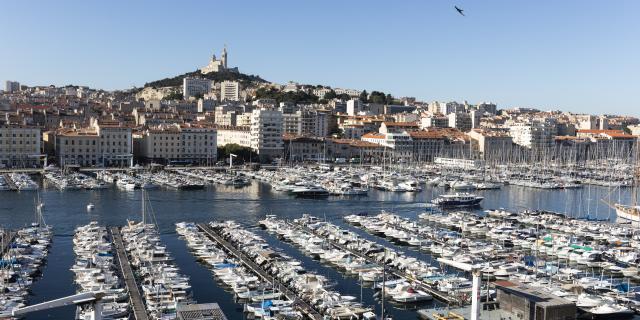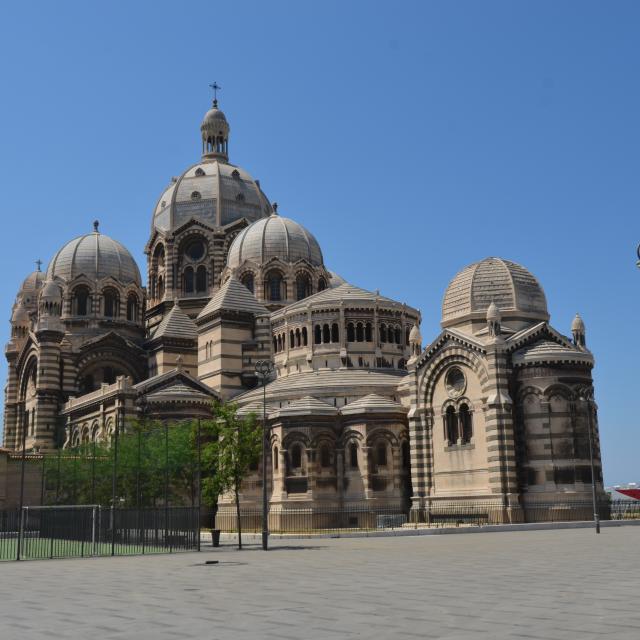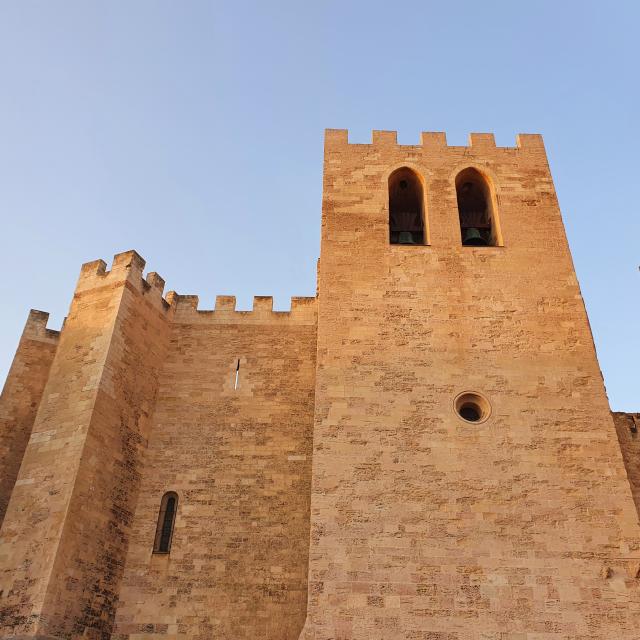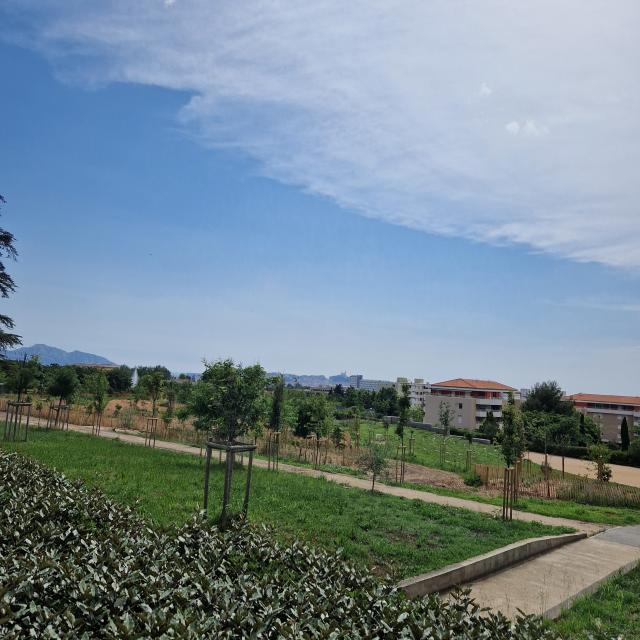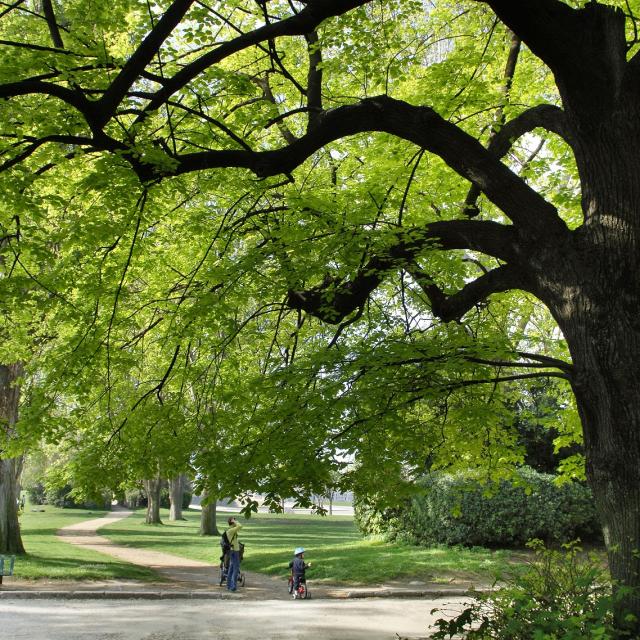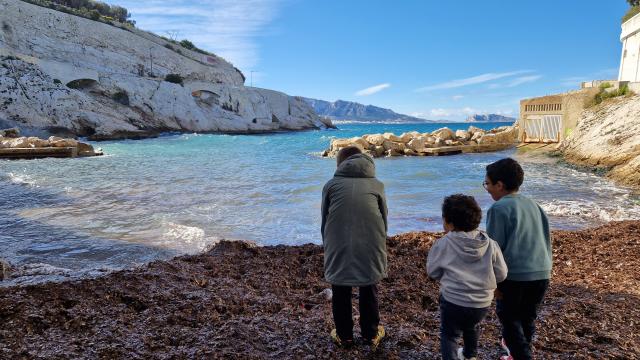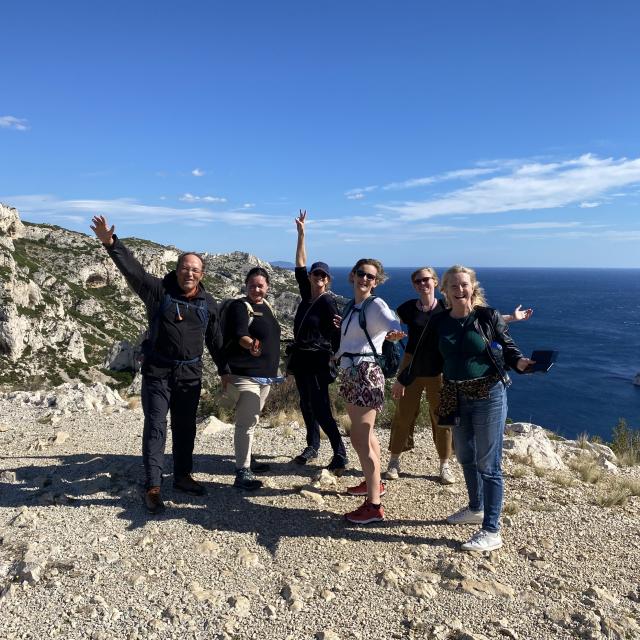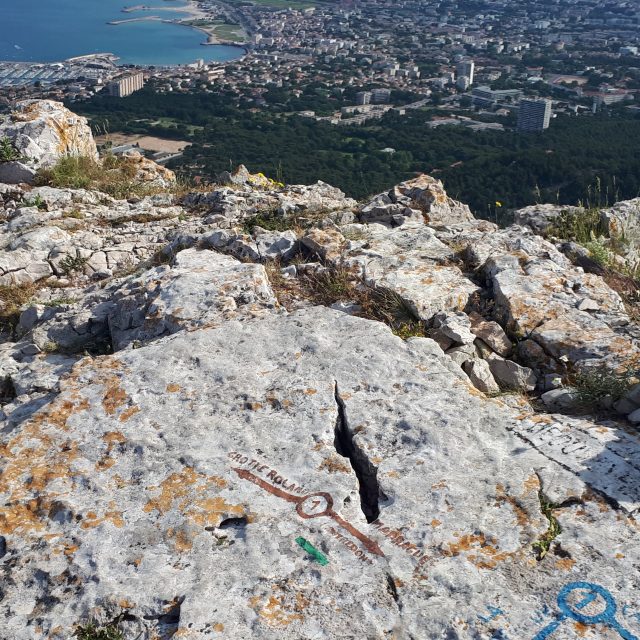What is ethical tourism?
Ethical tourism or responsible tourism is a form of sustainable tourism that is completely different from mass tourism. It is based on the principles of sustainable development: environmental, social and economic. It aims to considerably reduce the negative impact of tourism on destinations and to provide benefits to local communities from the profits generated by tourism. Ethical tourism involves travellers taking part in initiatives that support local communities, preserve cultures and traditions, and above all protect the environment. They can also help fund local projects such as the creation of schools and health facilities, as well as species and environmental protection. Travelling responsibly means taking into account the economic, social, cultural and environmental consequences of your actions.
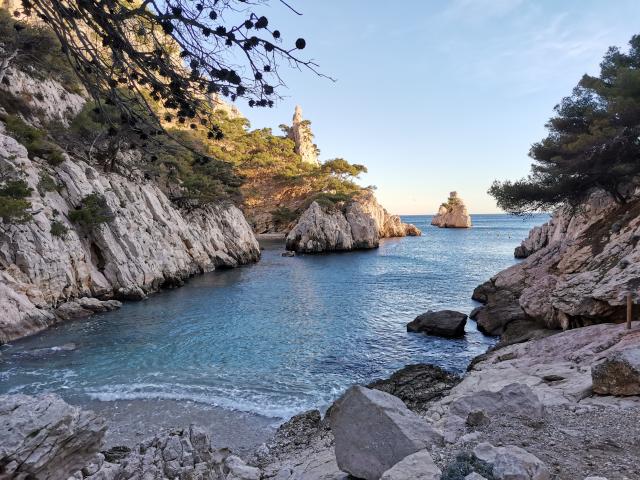

The traveller’s ethical charter
To be replaced by : In 1995, on returning from a trip to Ethiopia, during which some participants had not respected the instruction not to photograph the people they met, Christophe Leservoisier decided to draw up a charter of good conduct for all travellers. It defends the idea that by simply understanding those we meet, we can personally contribute to the preservation of people and nature’. It is still distributed to this day, notably by ATR.
